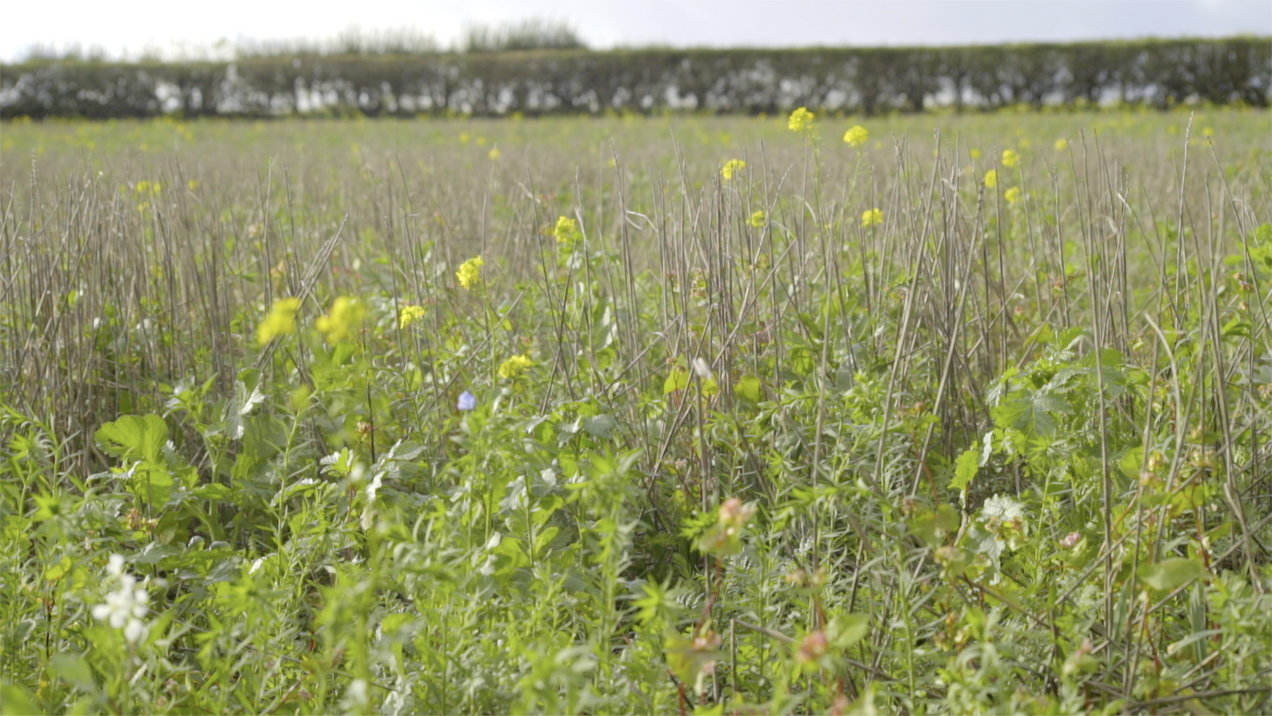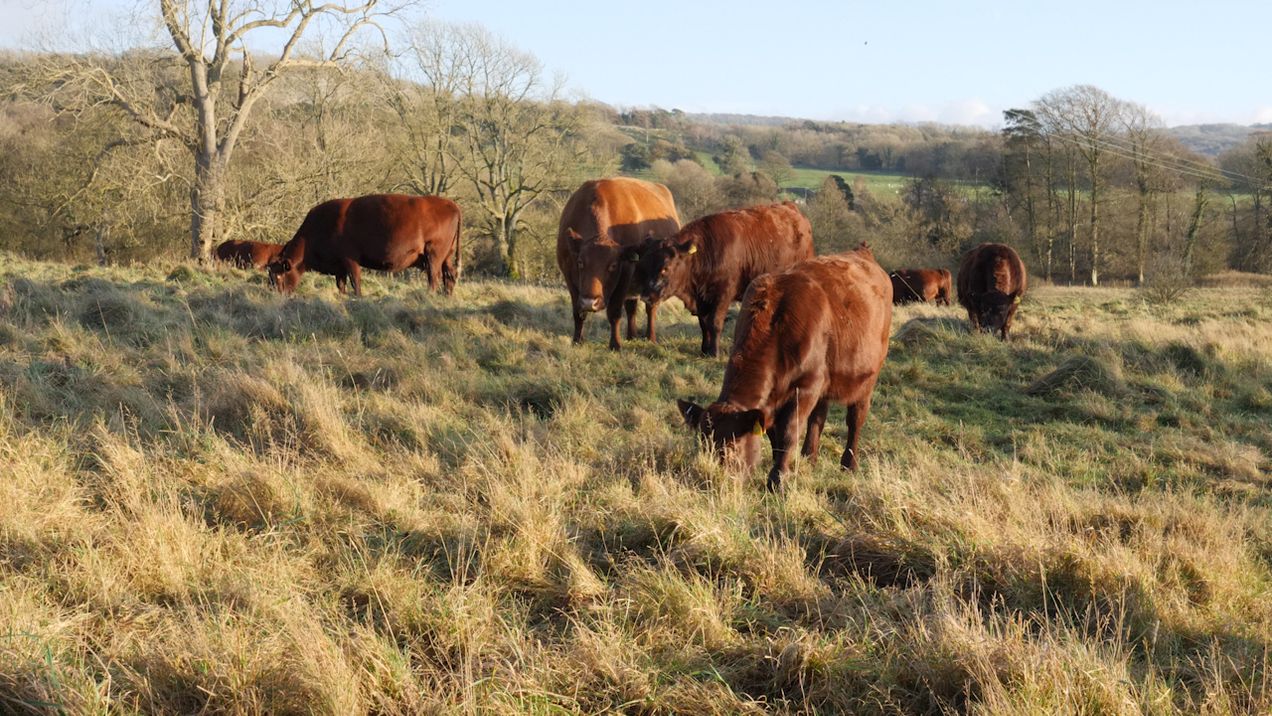The Potential for Green Jobs in Cumbria
report looks at the implications of a transition to net zero carbon by 2037 - a target date adopted by the Zero Carbon Cumbria Partnership. There could, on average, be 9,000 additional jobs, mostly in renewable electricity generation but also in transport, industry and waste management.
English Pastoral: An Inheritance
James Rebank's book is a personally written memoir, examining Nostalgia, focussed on how his grandfather farmed; Progress, the attempts Rebanks and his father made to try to ‘keep up’ with modernising farms; and Utopia, about how he is trying to farm now and pass on knowledge to his children
Regenerative Agriculture - George Hosier, Wexcombe Manor Farm
An interview with George Hosier of Wexcombe Manor Farm in Wiltshire about the changes he has made to his farming practices to improve soil fertility, reduce greenhouse gas emissions and increase biodiversity while reducing his costs.
Farming for Nature - Bill and Cath Grayson, Morecambe Bay Conservation Grazing Company
An interview with Cath and Bill Grayson who run Morecambe Bay Conservation Grazing Company in North West England about how they came to do conservation grazing, what makes it different from how beef and lamb are normally produced and its benefits for wildlife.
A Just Transition in Agriculture
The agriculture industry has transformed in the last 70 years. Agriculture needs a just transition as much as coal mining communities do, but whereas there is no future for coal mines in a zero-carbon world, there has to be a future for agriculture.
Bringing Back the Beaver, the story of one man's quest to rewild Britain's waterways.
Of all the animals that roamed these isles but have now disappeared many think that the beaver is the most important one to bring back. Like us, beavers are ecosystem engineers, modifying their habitats to suit themselves
Food and Climate Change without the hot air
Bridle shows the emissions from various components of the meals she discusses. The book gives options for things we might eat and drink for breakfast, lunch, snacks and evening meal. She highlights foods that have the greatest climate impacts and suggests how meals can be tweaked to reduce emissions
Dirt to Soil: one family's journey into Regenerative Agriculture
Gabe Brown discusses his principles of soil health and is useful to farmers and anyone concerned with food production and the state of farming.
Will COVID-19 help us tackle climate change?
This 'gas' discusses three of these possible changes, two of which may be positive for tackling the climate crisis and one negative, before going on to outline some similarities and differences between climate change and COVID-19.
Wilding; the Return of Nature to a British Farm
Wilding raises two key issues. One is the challenge it poses to the established UK approach to nature conservation, and our approach to nature more generally. The other is whether we have more than enough food and should instead of producing food give land, such as that at Knepp over to Nature.
The Water Will Come
This book by Goodell highlights the devastating impacts of climate change due to rising sea levels, but holds out the hope that we could learn to live with water
Burning Up; A Global History of Fossil Fuel Consumption
Since 1950 we have consumed vastly more fossil fuels than in the whole of human history before that. Piriani's book is a detailed account of the history of fossil fuel consumption and how fossil fuel consumption is embedded into our economic social systems










